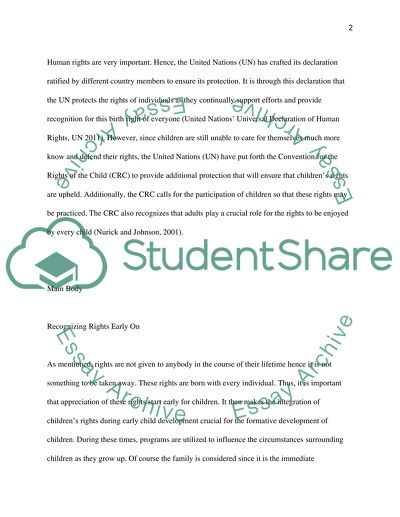Cite this document
(“'How can participatory approaches influence all aspects of young Essay”, n.d.)
Retrieved from https://studentshare.org/environmental-studies/1414871--how-can-participatory-approaches-influence-all
Retrieved from https://studentshare.org/environmental-studies/1414871--how-can-participatory-approaches-influence-all
('How Can Participatory Approaches Influence All Aspects of Young Essay)
https://studentshare.org/environmental-studies/1414871--how-can-participatory-approaches-influence-all.
https://studentshare.org/environmental-studies/1414871--how-can-participatory-approaches-influence-all.
“'How Can Participatory Approaches Influence All Aspects of Young Essay”, n.d. https://studentshare.org/environmental-studies/1414871--how-can-participatory-approaches-influence-all.


